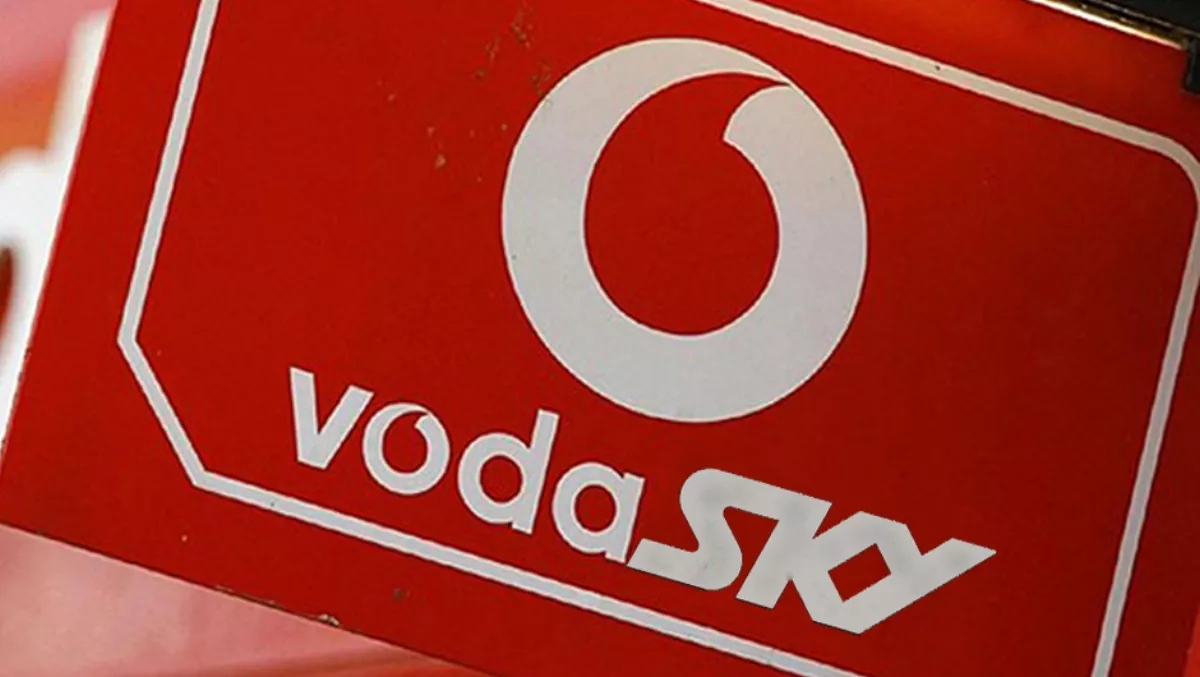The big news of the moment is the looming merger between Vodafone and Sky TV. Some are already calling it Skodafone. Others are opting for the just as comical "Vodasky" which sounds like a vodka brand.
What Is it?
The merger will see Sky TV buying Vodafone New Zealand. The deal will see the Vodafone Group owning a 51 per cent stake in the new entity.
The merger may already be public, but it needs regulatory approvals before it can go ahead. This isn't likely to be forthcoming until the end of 2016. Until then, it'll be business as usual for both companies.
Why is it happening?
This comes down to several factors, which include:
- Vodafone's global strategies
- Vodafone's latest annual report hints at a strategy of providing richer access to content across multiple platforms
- Vodafone want to move from basic telco bundles to become a converged telco/content provider
Vodafone's rationale isn't all that difficult to figure out.
By offering telco/content bundles, Vodafone are aiming to develop a deeper relationship with customers. This they hope will reduce the number of customers moving to other telcos.
Just as significant are existing market pressures on Sky TV. These include viewers moving online. Then there's the need for greater access to content. Reducing the costs of delivering content to viewers is also a likely priority.
The merger will give Vodafone and Sky the ability to develop integrated telco/media bundles. This should see them well positioned in a competitive and converged media/telco marketplace.
According to industry analyst, Glen Saunders, the move makes considerable sense. Vodafone "know they are in the business of selling data and enabling customers access to this data.
If the merger goes ahead, Sky TV will be able to leverage Vodafone's content buying capabilities at a global level to build a competitive must watch content line-up. According to Saunders this is something that "Sky would have struggled to do on its own.
So what will happen if the merger Goes Ahead?
The big question.
When the merger happens, expect Vodafone to strengthen its local position off the back of its parents' global strengths. This is also likely to get repeated throughout the other territories Vodafone operates in.
According to Saunders we will "see greater access to piecemeal content over time - kind of the walled garden mark 2".
Bundled mobile and broadband with Sky content are likely to be the order of the day. It'll also be something that both Spark and 2Degrees will struggle to match.
Of concern for the competing telcos, TUANZ have already speculated that that rugby mad New Zealanders may find themselves unable to access sports content unless they've bought Vodafone bundles.
For Sky, the merger could drive big changes. Content aside, access to Vodafone's fixed and mobile networks could drive a move online to deliver 4k UHD content well ahead of TVNZ and MediaWorks.
At the moment, Sky are reliant on satellite technologies to deliver content to viewers. 5G is looming large and Vodafone already have both fibre and cable capabilities. These could transform Sky's content delivery costs.
It could also result in a move away from Mysky to Internet connected devices including games consoles and other widgets. Satellite dishes may soon become a thing of the past.


